 |
Jacqueline Longo |
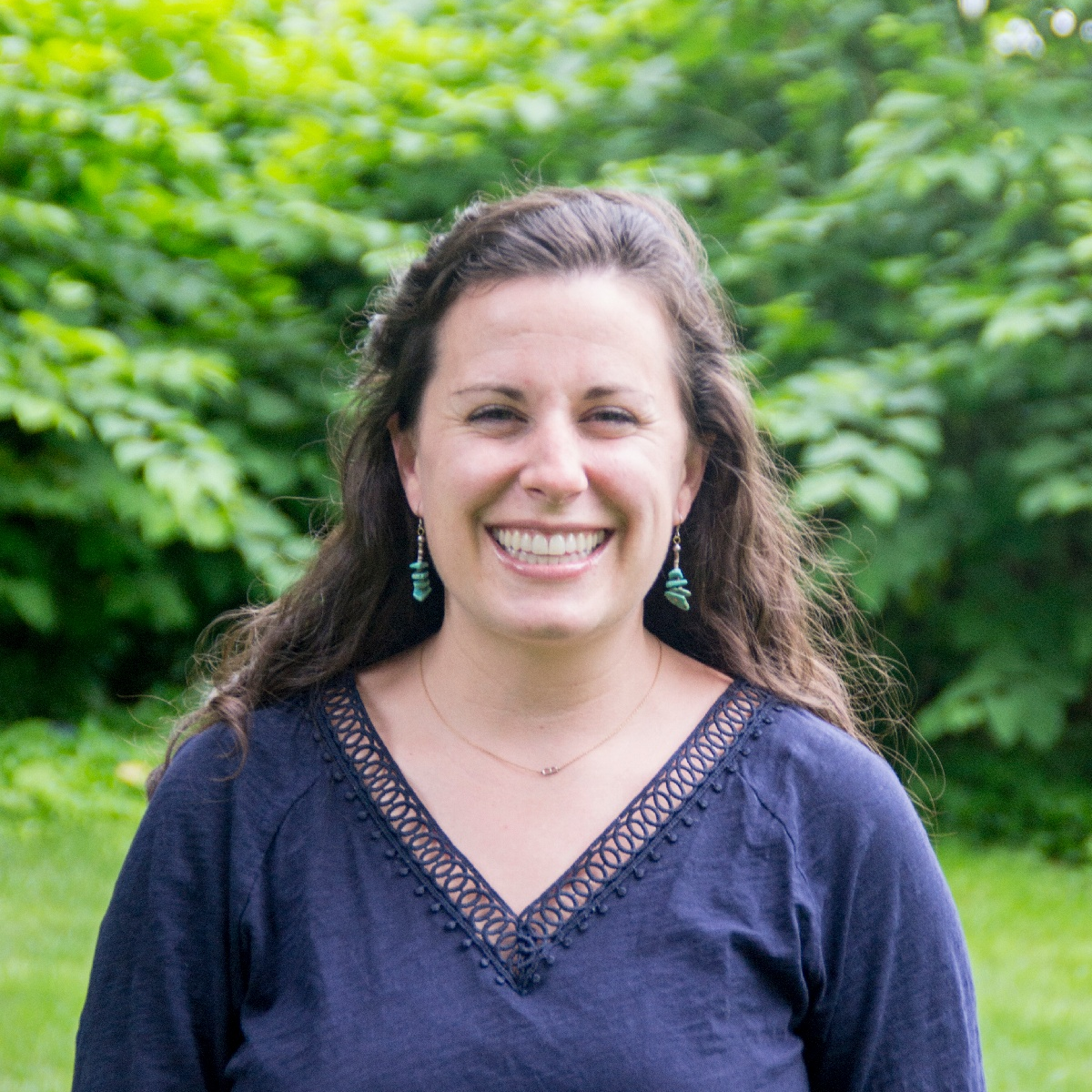 |
Haley Fletcher Bethune |
For many of us, the new year acts as a landmark for reflection and goal-setting. But the beauty of both is that they can be valuable activities any day of the year. Regardless of when you actually sit down to reflect, it’s an opportunity to take stock of all that’s happened and where you’re going next.
To do this at SeriousFun, we turned to our Capacity Building team, who had a handful of amazing tools and resources to share. Whether for personal or professional development, the ideas below are meant to serve as tools for setting intentions of your own.
Choose A Word of the Year
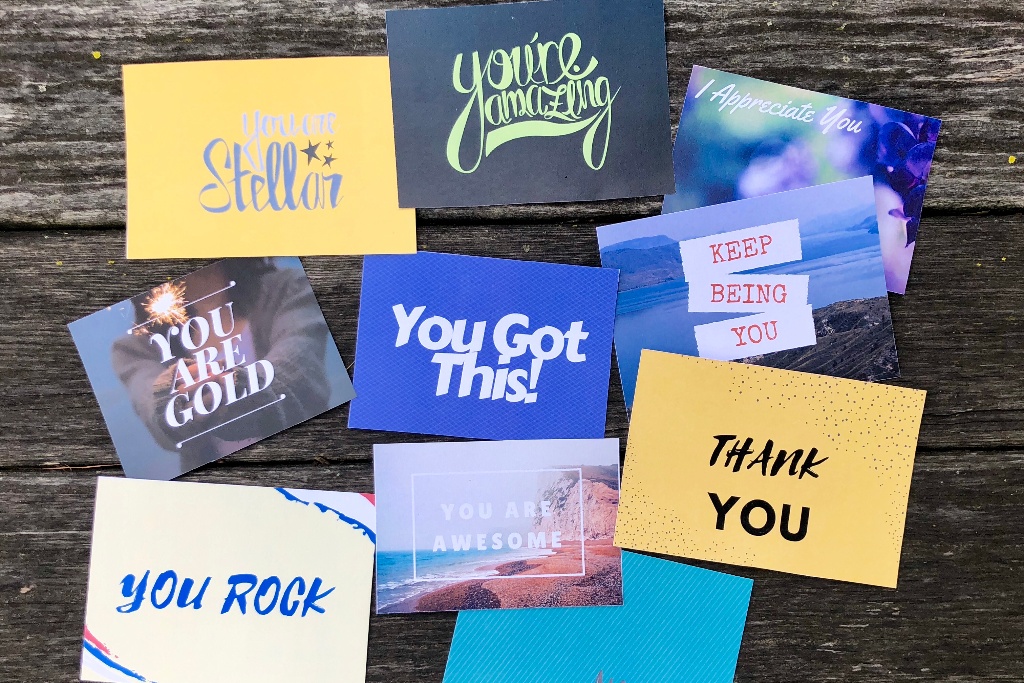
Setting tangible and specific goals is important, but this activity is not that. Rather, it’s about setting an overarching intention for your year. Perhaps you want to feel more grounded, or lean in to new projects and opportunities, or make time to nurture the relationships that matter most. Whatever your intent, the activity involves choosing a word or a short phrase to remind you of what’s important. This word can be incredibly handy as you make everyday decisions, helping you navigate moments when values or opportunities conflict.
As you reflect on 2020 and look ahead to 2021, try using these questions and statements to guide your reflection:
- What would you like more or less of in your life?
- What makes you feel joy? What do you want to hold close? What do you want to let go of?
- _____ is how I feel now, but I want to feel like _____.
- This time next year, I want to feel like _____.
- How do you want to live? Is there a word or phrase that can act as a guiding principal throughout your year?
When choosing a word of the year, some people prefer to select two: one for their personal life and one for their professional development. This is completely up to you. We’ve included a short list of words to get you thinking, but pick whatever you find meaningful!
Examples:
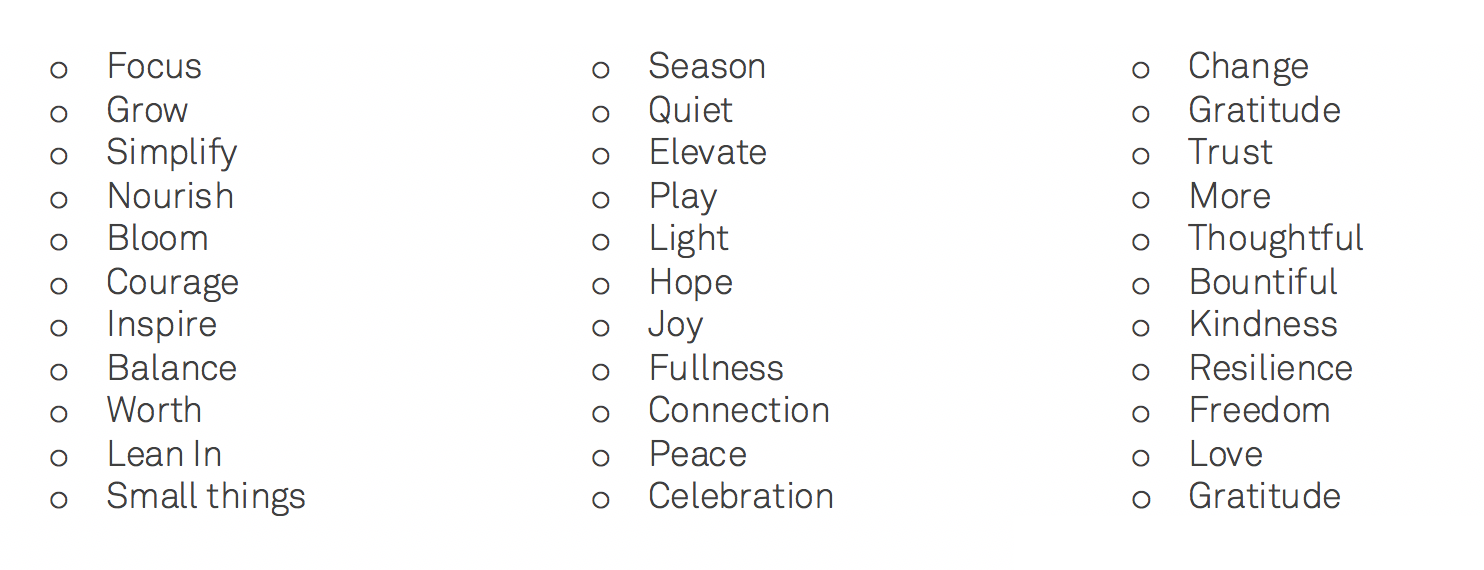
Build New Habits
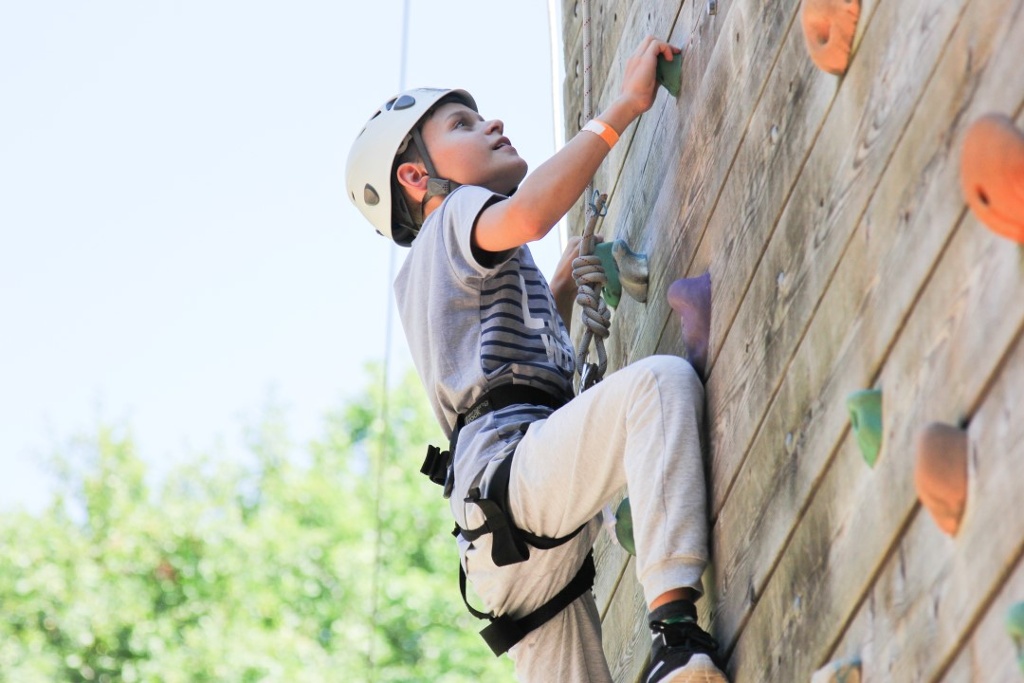
Habits shape our daily, monthly, and yearly lives in ways we don't often see. They’re powerful and constant—and they can help you make strides towards your goals. Start by figuring out what habits you want to change, strengthen, or build, and make a plan to make it happen.
Some experts say habits take 21 days to form—and others say even longer! So regardless of your goal, remember that building a new habit takes work and that you are human. The process comes with ups and downs. Unlike the New Year's Eve ball drop, habits don't happen overnight, but with slow and steady effort you can build them. Here are tips on how to begin the process:
- Create a cue—a trigger for your habit. Think about when the trigger will occur, who will be around, where you will be, what you will need, and/or how you will feel.
- Set a reward—one that will motivate you as the habit is forming. The key is to stick to this reward and refrain from indulging in the reward without doing the habit.
- Write a plan—you may be more likely to stick to a plan if you have it written down! For example, “When (insert cue) happens, you will (insert habit) because I will be rewarded with (insert reward).”
Here are some other tips to keep in mind:
- Give yourself something to measure instead of a vague statement where success can't be identified.
- Give yourself a realistic timeframe to complete that will leave room for life. For example, it may sound great to say “I will go to the gym four times a week,” but can be hard to follow-through with when life throws you curve balls. Missing just one of those four days can feel like a failure, setting you off-track. Instead, try setting a more realistic monthly timeline, such as “I will go to the gym fifteen times this month,” which leaves a little more wiggle room as you go. If you miss one gym run, you can make it up the next week, and so on.
- We learned about the process above from Charles Duhigg’s book, The Power of Habit: Why We Do What We Do in Life and Business. Check it out if for a more in-depth resource on building new habits!
Try a New Project or Experience
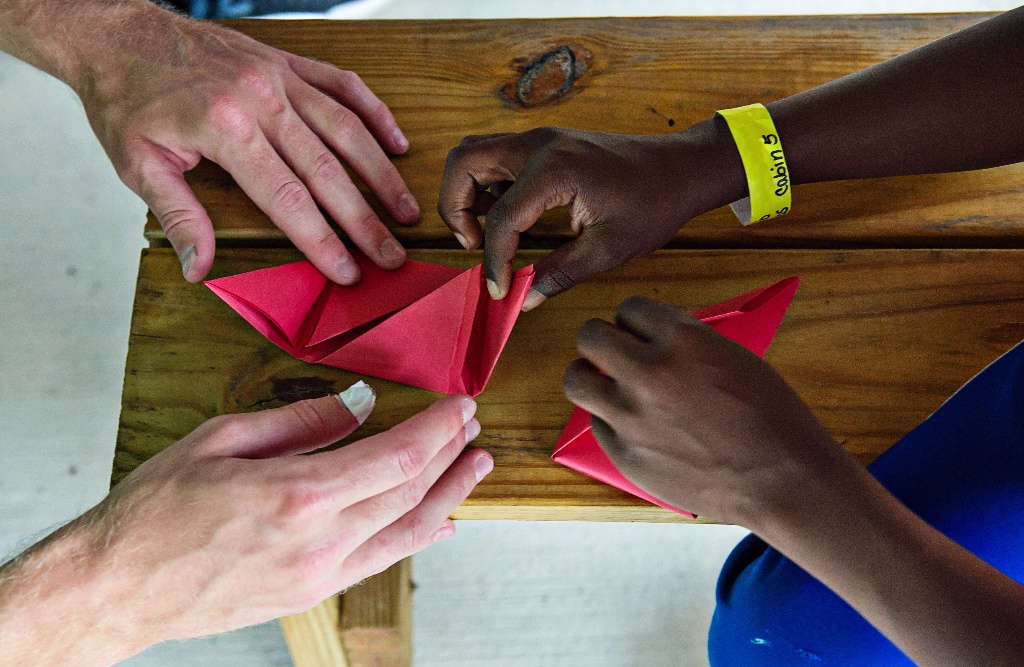
For those of us who tend to learn by doing, this is right up your alley. Take a few minutes to think about what kind of skills you’d like to gain.
Then, think about the opportunities that may be available you—both those available already, and those you can seek out. Once you’ve worked this through this, and know how you want to grow, make it happen.
Take a leap into a stretch project this year that takes you out of your normal day-to-day routine and pushes you to use new skills or muscles (figuratively, or literally) that you may not otherwise have the opportunity to flex. The best part? Learning by doing almost always leaves you with more skills than expected!
Learn a New Skill Through Training
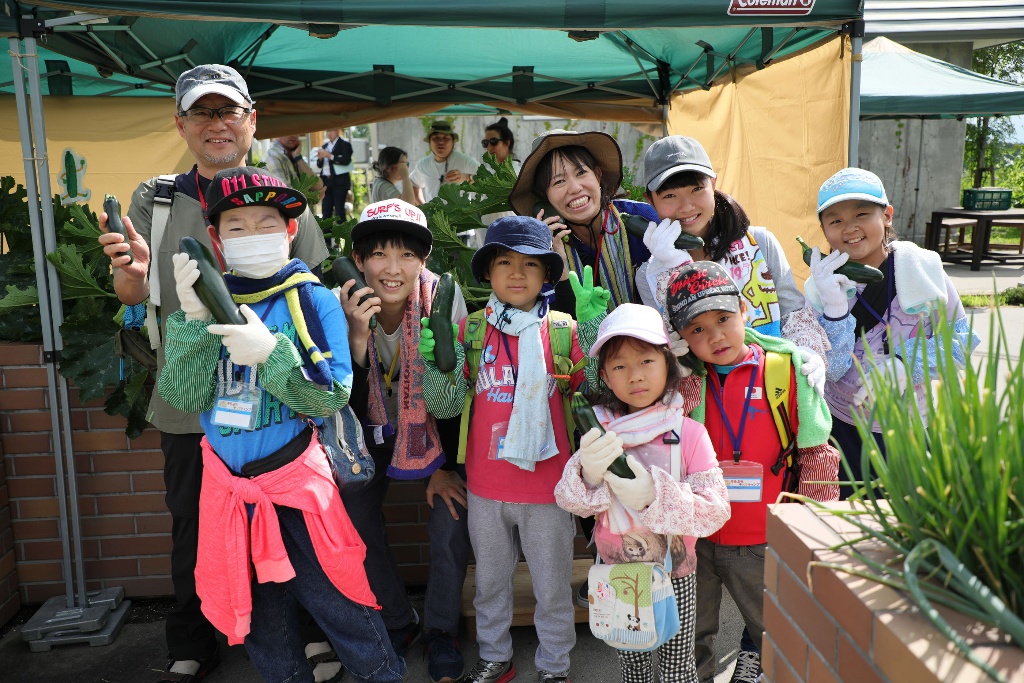
If there’s a specific skill you would like to learn, but you don’t know where to start, this tip is for you.
Sometimes the best way to learn is to take a workshop or class with a trained, subject-matter expert. This could include a 2-hour seminar, a week-long training program, or a 6-month course. In the age of the internet, the options for these kind of learning experiences are endless.
Think about what skill you want to develop, what kind of training will help you enhance that skill, and what you hope to gain from the training. Understanding what you hope to gain will help you narrow down your options and create a budget (if relevant).
Some resources we often to turn to for free or low-cost, accessible courses are:
- LinkedIn: LinkedIn offers a variety of ways to access courses and skill-building webinars.
- YouTube: The infamous home of video tutorials. If you’re fixing your home, learning to code, or navigating PowerPoint, YouTube probably has a video to help.
- Google: This one is obvious (we know!). But when all else fails, it usually points us in the direction we need to go.
- People: Sometimes we find the best resources when we take the old-fashioned route and go offline. Look to friends, family, peers, and mentors. Ask around for ideas and resources (they often know more than we think!).
However you decide to reflect and goal-set for the year ahead, be sure to create the space to dive deep into your personal and professional development. It’ll help set you up for the kind of year you’d like to have (and beyond!).
Jacqueline loves nothing more than thinking outside the box and team spirit—cue never-seen-before icebreakers! By developing virtual and in-person learning opportunities for staff across the Network, she fosters collaboration near and far.
To learn more about SeriousFun Children's Network, visit www.seriousfunnetwork.org or contact us at info@seriousfunnetwork.org.





